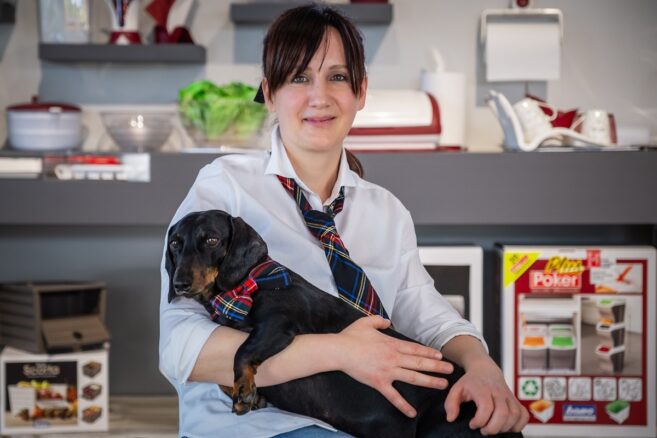BAMA: raising awareness about plastics
Plastic is frequently a subject of intense controversy, however is the material itself actually the issue? To find out, we’re talking to Rossella Baiocchi, marketing manager at Bama, a Tuscan company that has specialized in the production of durable plastic items since 1980. She guides us through an in-depth discussion on sustainability, innovation, and social responsibility.
At a time when plastic and its disposal are often in the spotlight, we wanted to shed some light on the issue by speaking with Rossella Baiocchi, marketing manager at Bama, a company that has been producing durable plastic items for 45 years. Here’s what she told us, and the interesting insights from our conversation.
Buyer Point: Often, when people talk about plastic, the immediate thought is pollution. What is your perspective on this topic, and what would you like to clarify?
Rossella Baiocchi: What we want to do is help provide accurate information and explain the difference between durable plastic and single-use plastic.
While this might seem like an obvious concept, it’s actually not. Every year as summer approaches, a media campaign against plastic begins, but the real problem with plastic is its durability and the possibility of it turning into microplastics if it isn’t disposed of properly.
Our position is clear: with proper waste sorting by everyone, we can recycle this material and even transform it into something long-lasting, like insulation panels. It’s a cultural issue more than a problem with the material itself.
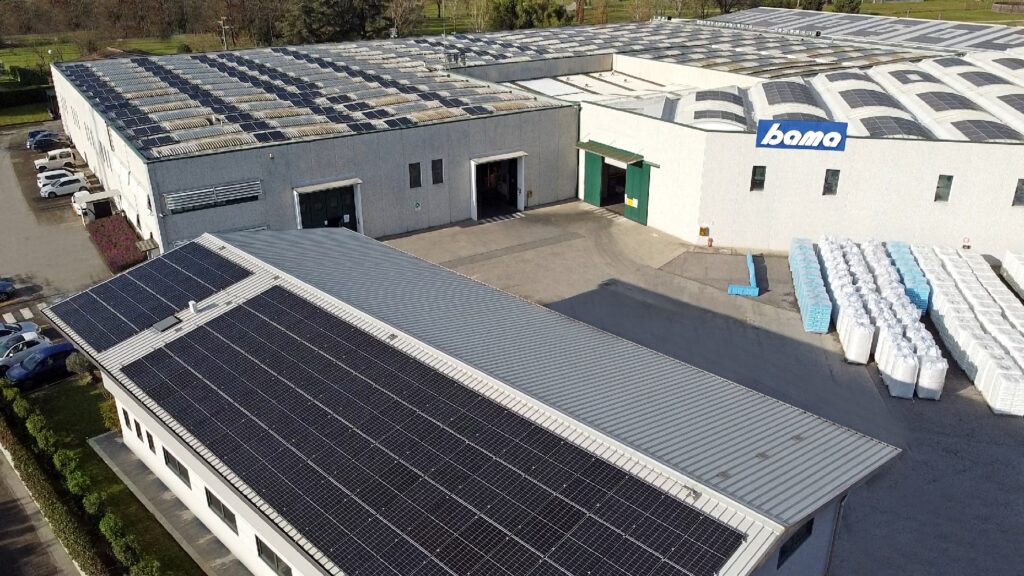
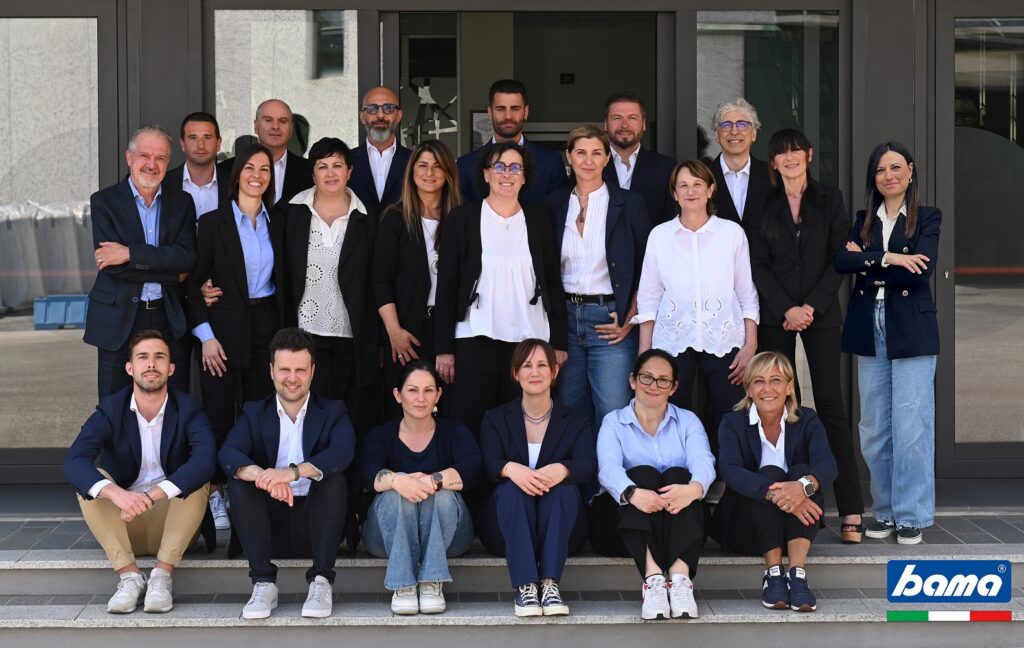
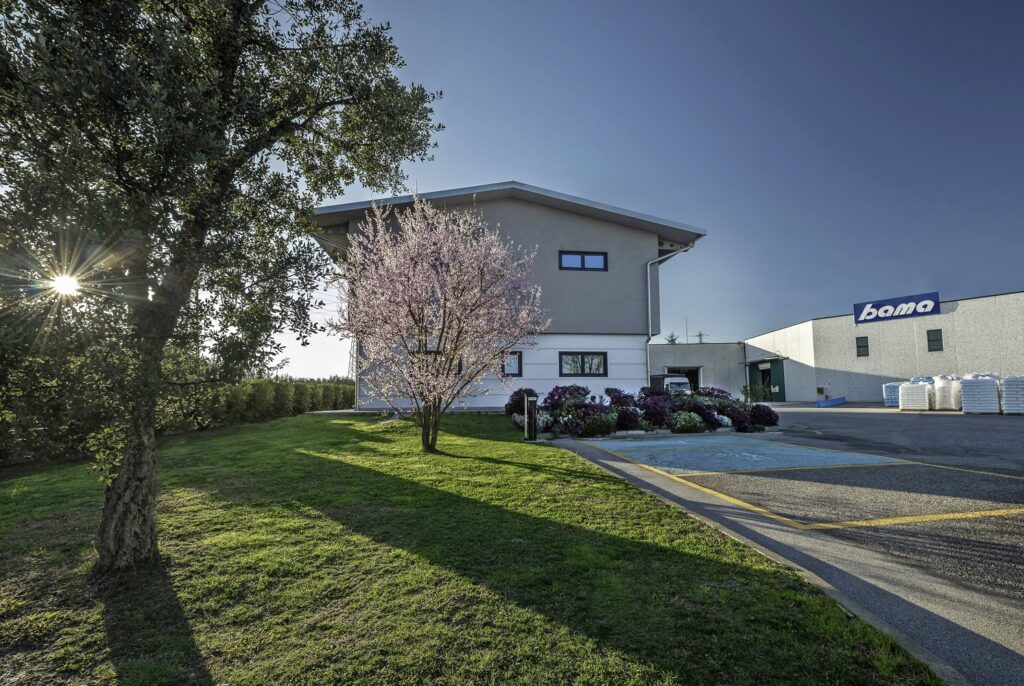
Buyer Point: Another important point is that other materials with a significant environmental impact get far less media attention and are seldom discussed…
Rossella Baiocchi: Exactly! Let’s take steel, for example: when it’s processed, it’s the most polluting material due to its high CO2 emissions. Glass also pollutes, especially when it’s produced or recycled. What’s more, glass is very heavy, which has a significant impact on road transport and increases pollution—something plastic doesn’t do.
We don’t want to speak ill of these materials, but it’s crucial to understand that there isn’t one material that’s intrinsically “bad“ and another that’s “good.”
Everything has an impact. The focus should shift to how we manage these materials at the end of their life.
Buyer Point: Do you believe that your approach, aimed at educating people about the use and disposal of plastic, can be shared by other companies in the sector?
Rossella Baiocchi: I don’t just hope so, I’m convinced of it. We don’t see any problem in sharing this cause with our so-called “competitors”; in fact, the more of us there are, the more we can make a difference.
The goal is a common one: to spread awareness and promote responsible practices.
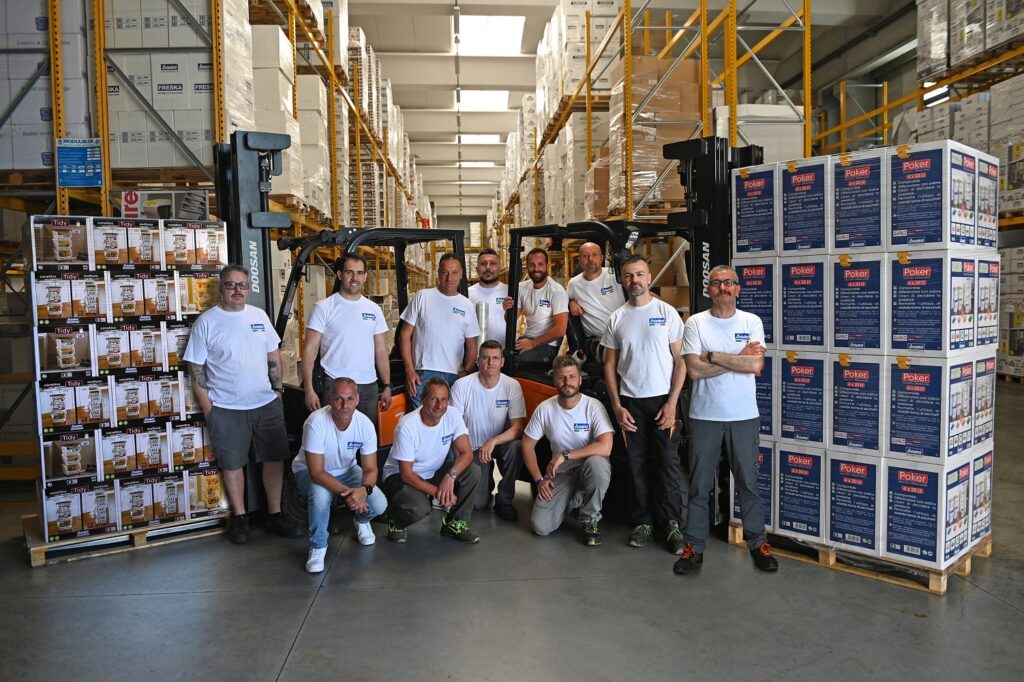
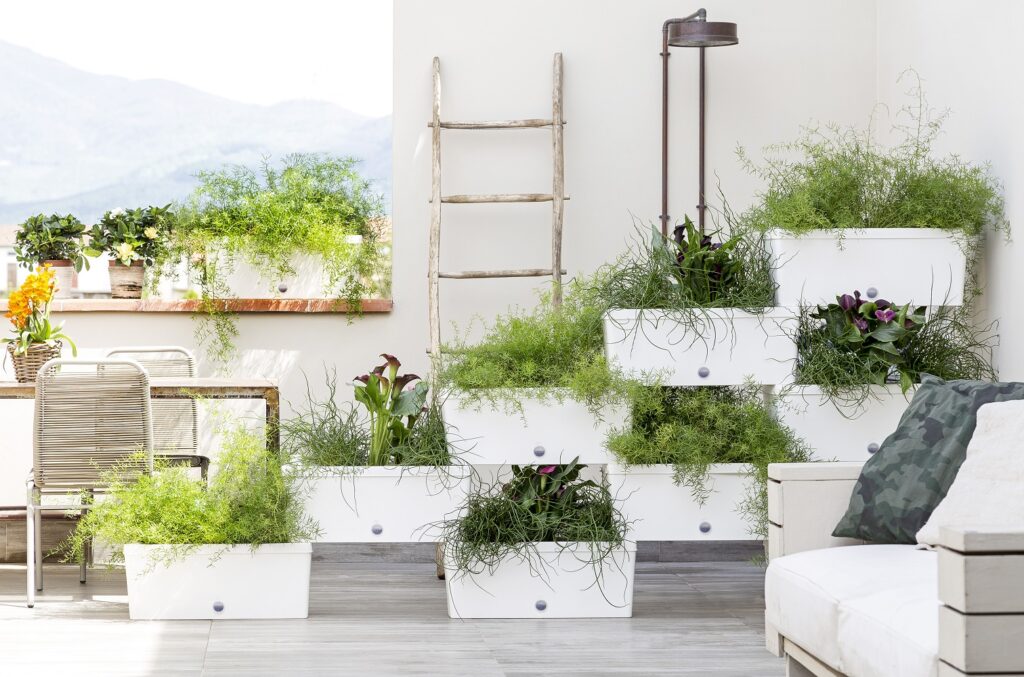
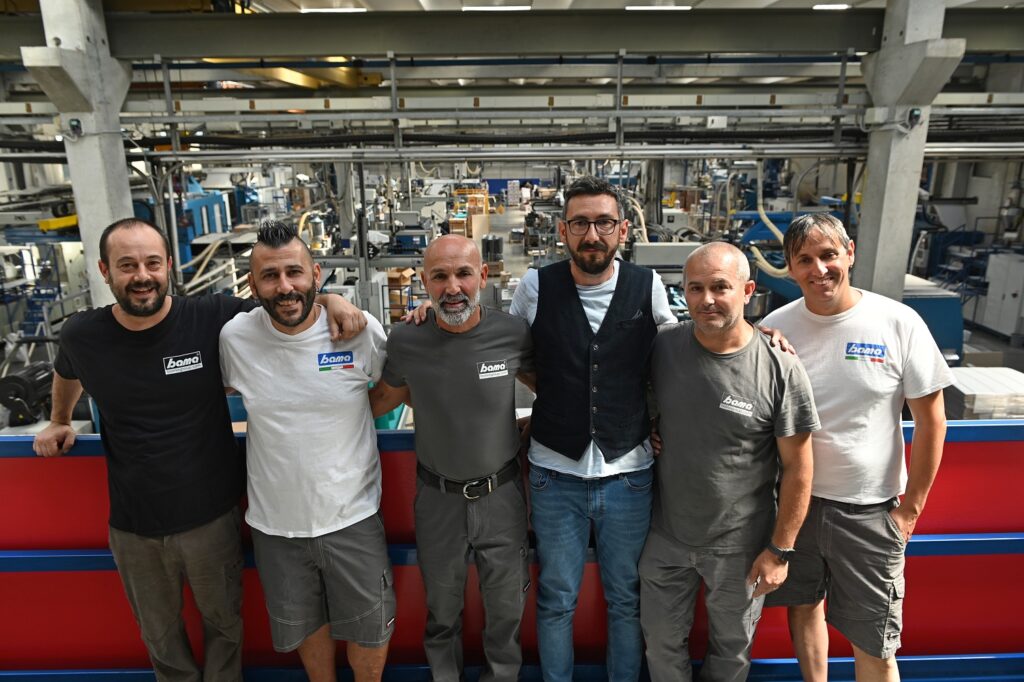
Buyer Point: Besides the importance of recycling, what does Bama concretely do for the environment within its production processes?
Rossella Baiocchi: At Bama, we’ve had a consistent, long-standing commitment to the environment for decades. This year, we completed the installation of a 25,000-square-meter photovoltaic system that covers about 70% of our energy needs. This saves us 225 tons of oil, 1,000,000 kWh, and 530 tons of CO2 annually, which is the equivalent of 26,500 trees.
Additionally, we constantly invest in energy-efficient machinery; our machines are all new and state-of-the-art.
As for the energy we can’t self-produce, we buy it entirely from certified renewable sources through the Guarantee of Origin (GO). There’s a greater cost behind it, but we’re happy to support it in order to use clean energy.
Buyer Point: Sometimes it almost seems like people should be “ashamed” to produce or use plastic. How do you address this perception, and what would you say to those with this kind of prejudice?
Rossella Baiocchi: It’s a cultural battle. I remember when the Barbie movie boomed: nobody talked about how much Barbie pollutes. You know why? Because Barbie is a toy meant to last forever – psychologically, she’s “my doll and she will be my doll forever.”
The same concept should apply to a plastic basin or ironing board that we produce: they are durable objects, made to last over time. Sometimes people stop at a prejudice, taking for granted that a plastic basin “pollutes” while other objects, perhaps more harmful, go unnoticed.
I’ll give you an example: at a trade show some time ago, I was asked to produce a biodegradable lemon pot. I had to explain that if the pot is biodegradable, after a while it tends to disintegrate due to atmospheric agents, and you’re left with just the soil and the lemon. The reality is there’s a lot of misinformation on these topics, and that’s exactly what we need to work on.

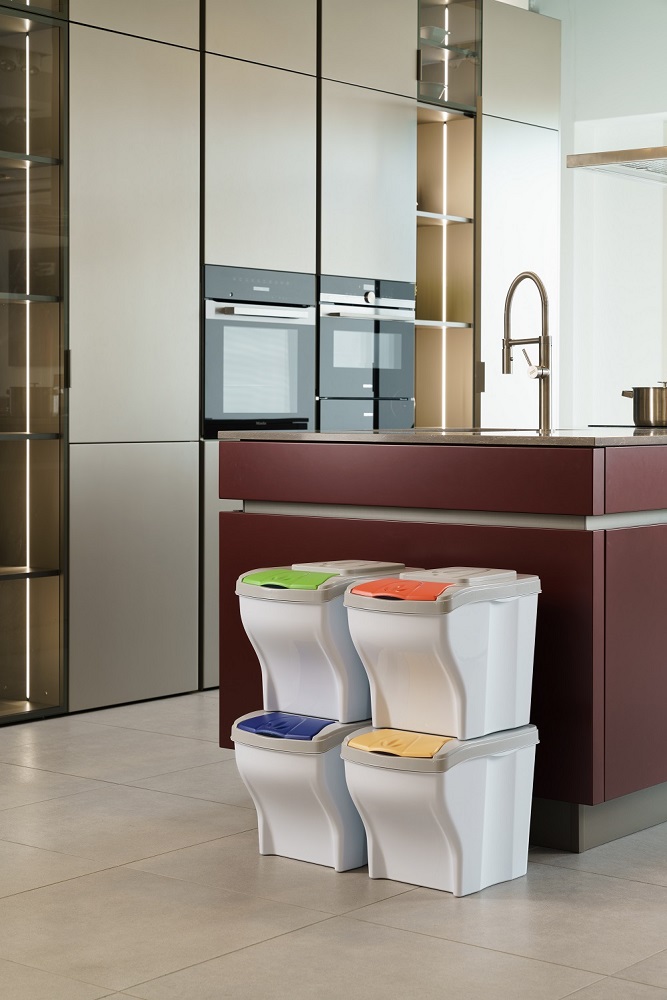
Buyer Point: Looking ahead to the next year, what are the goals or new products that Bama plans to focus on, in addition to your ongoing commitment to the environment?
Rossella Baiocchi: For next year, we’ll be releasing a new range of products that are completely different from our current ones, expanding our offerings.
Additionally, we’ll continue our strong commitment to social causes. We actively collaborate with the association “I Bambini delle Fate” and with several dog shelters.
I’m proud to say that in just three months, we reached 100 adoptions from a single shelter, and every dog that gets adopted receives a Bama Pet kit. Our commitment goes beyond the product, embracing a 360-degree responsibility toward society and the common good.

